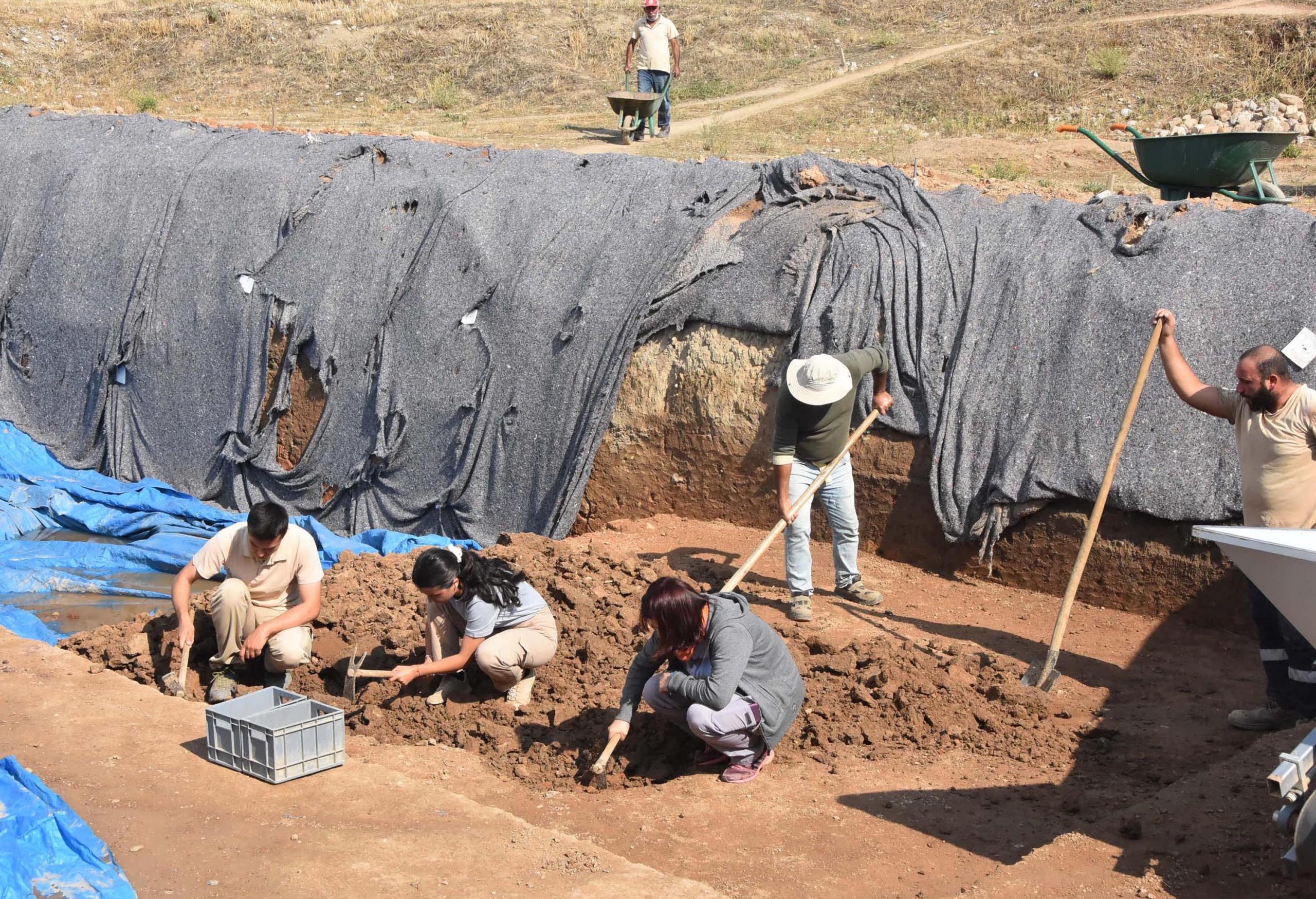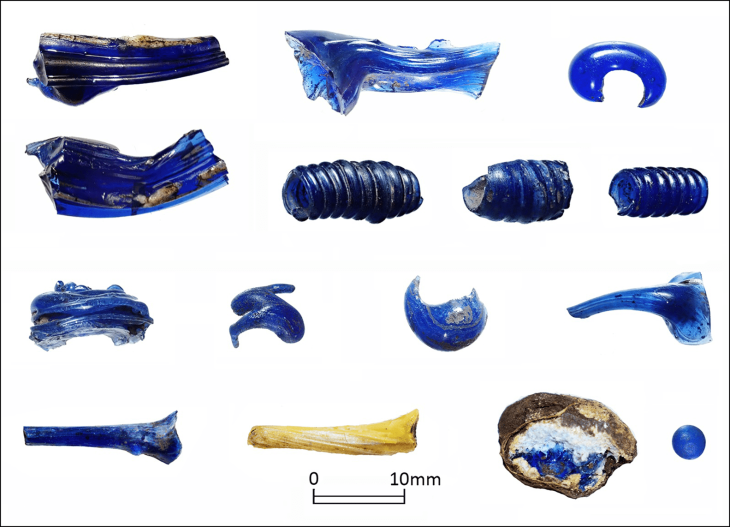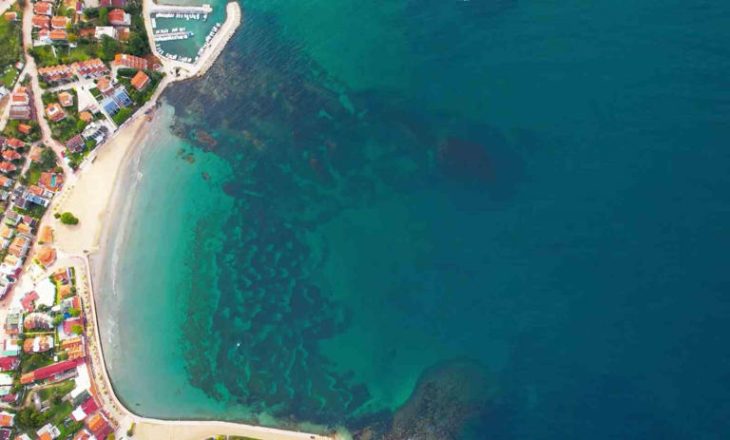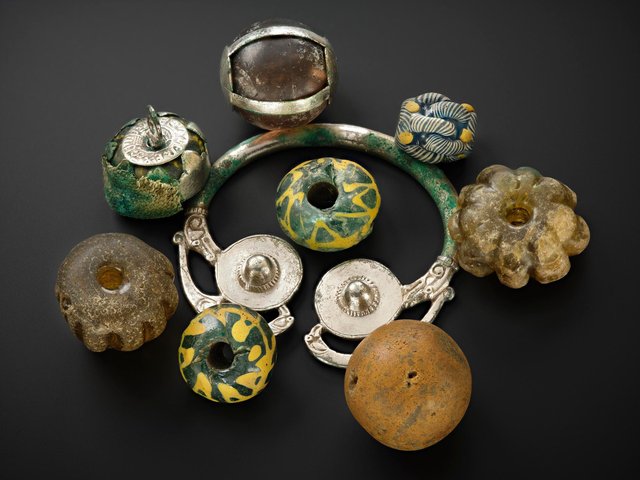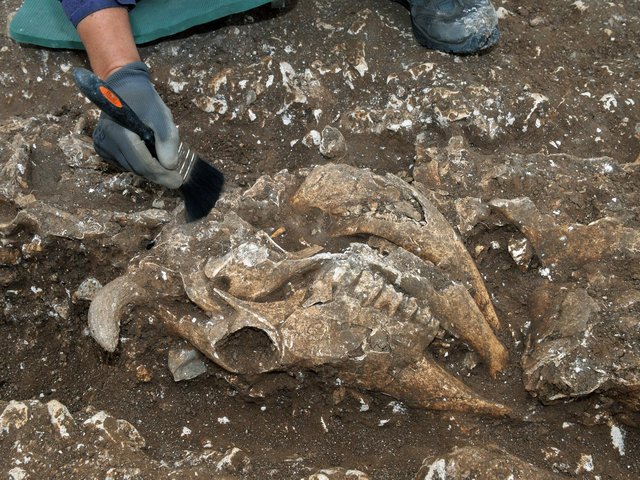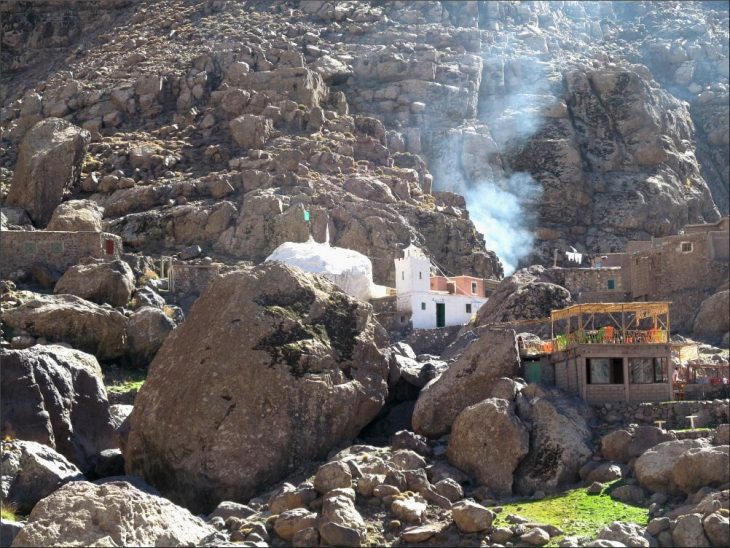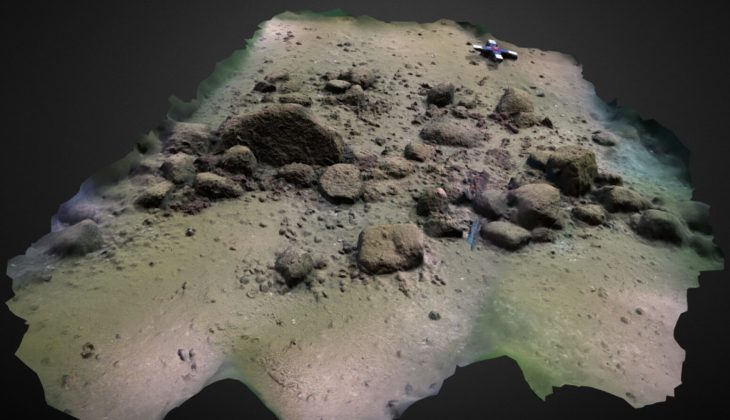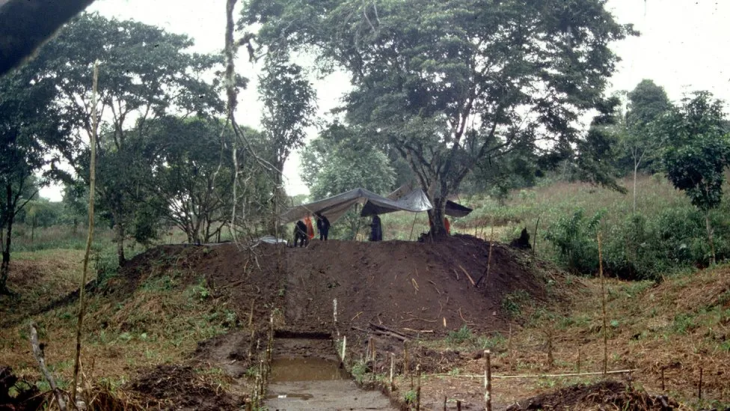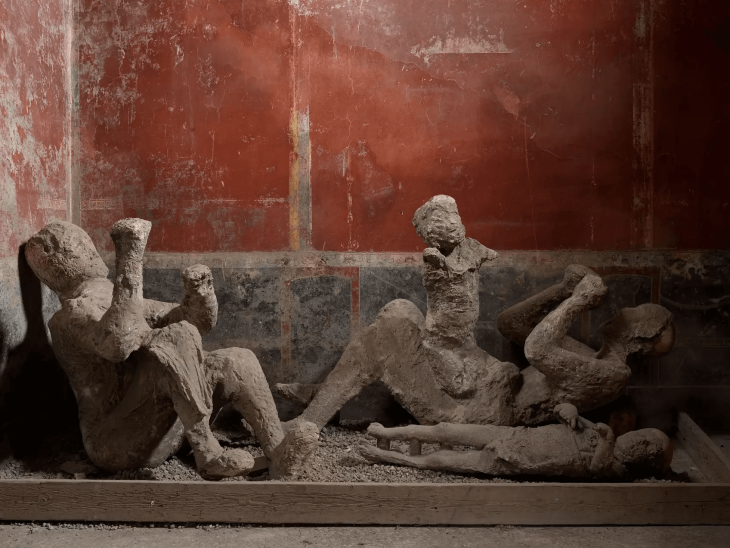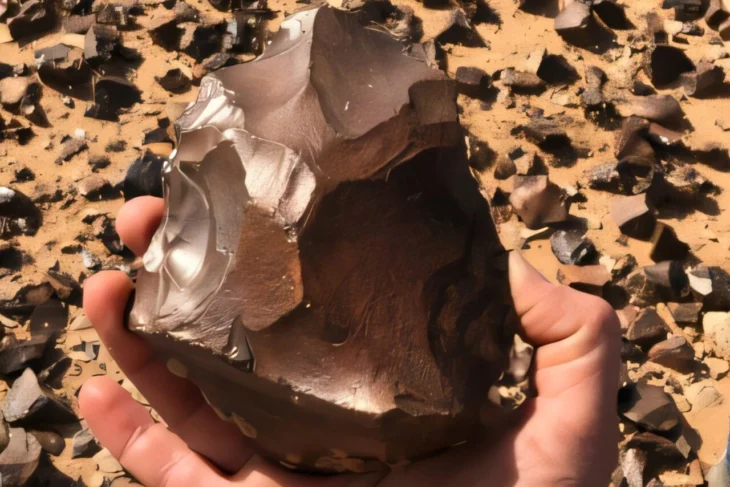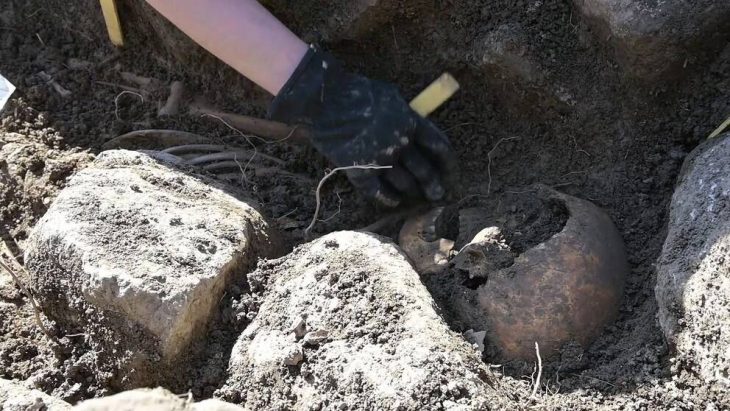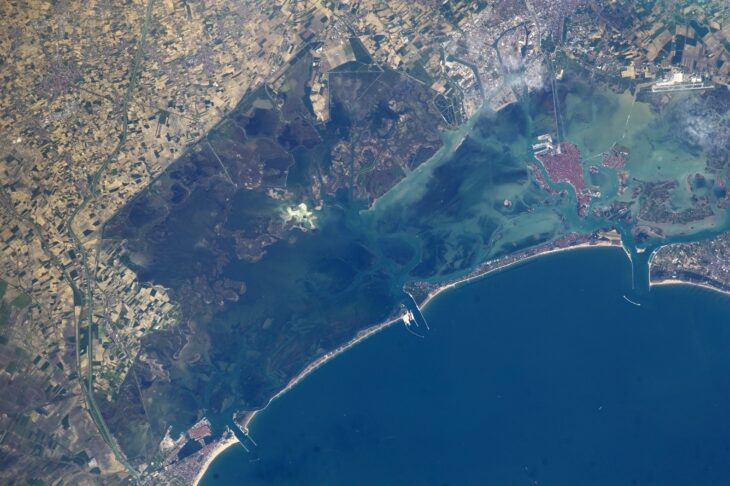During this year’s excavations in the Yeşilova and Yassıtepe mounds in İzmir, a unique “fish-figure” small home tool was found.
The small tool made of bone dates back 8,000 years and was used for cleaning fish scales.
Head of Excavation Assoc. Dr. Zafer Derin said that the find in the shape of a fish figure has never been seen similar before.
Excavations in the Yeşilova and Yassıtepe mounds continue with the support of the Ministry of Culture and Tourism, İzmir Metropolitan Municipality, Bornova Municipality, and Ege University.
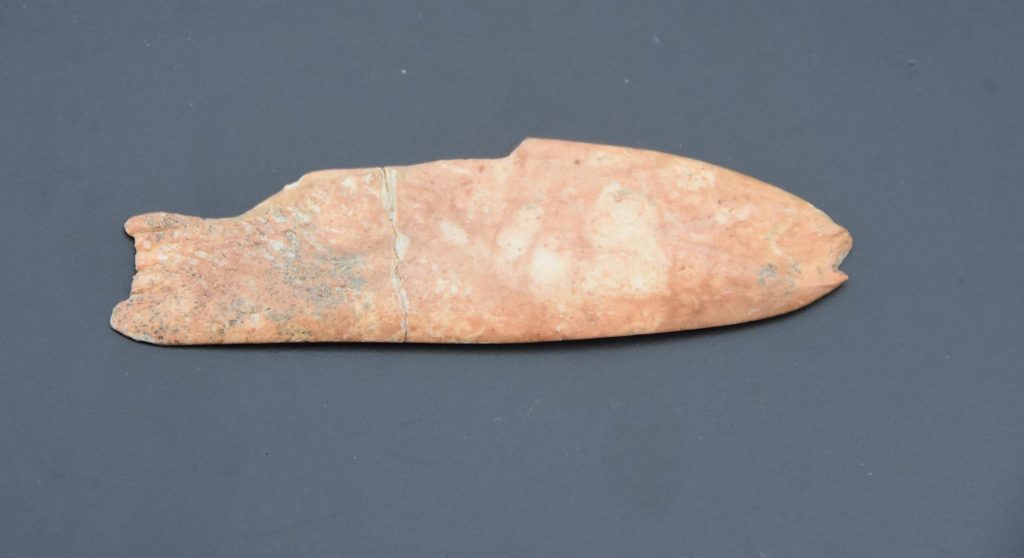
During the excavations, the city was dated 8,500 years ago, and 9 villages that were built on top of each other were unearthed. In addition, many remains such as sea bream, sea urchin, oysters, and mussels belonging to thousands of years ago were found during the excavations. It was understood from these excavations that the first people of Izmir consumed sea products, especially mussels, just like the inhabitants of today’s city.
During this year’s excavations, another remarkable find was unearthed. It was stated that the 8,000-year-old find was made from a 15-centimeter bone and in the form of a fish figure, and the tool was used for cleaning fish scales.
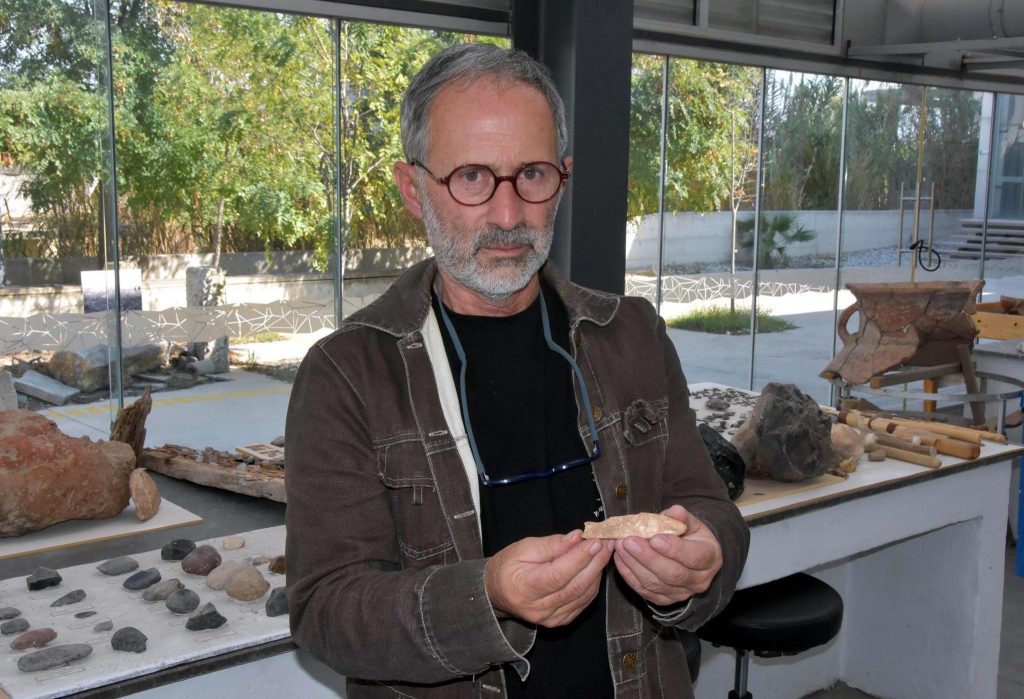
Head of Excavation Assoc. Dr. Zafer Derin said, “A tool made of bone representing a fish. It has scratches from heavy use. An interesting tool where various details are engraved, up to the scales and tail of the fish. We have not seen a similar example in Western Anatolia or the Aegean Region. A daily tool that belonged to the first Aegean and Izmir people 8 thousand years ago,” he said.
Providing information about the find, Assoc. Dr. Derin said, “The first Aegean people are a culture that lived together with the sea. Our find is also about the sea, water and fish. People of that period used various tools to clean fish. We also found such a tool from that period. This is a fish-shaped spatula made of bone, used for cleaning fish. We can see formed traces while cleaning fish scales on it. We see that the first people of Izmir transformed even a simple tool into an art form suitable for their lives.”

